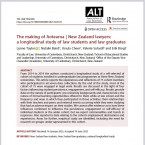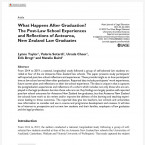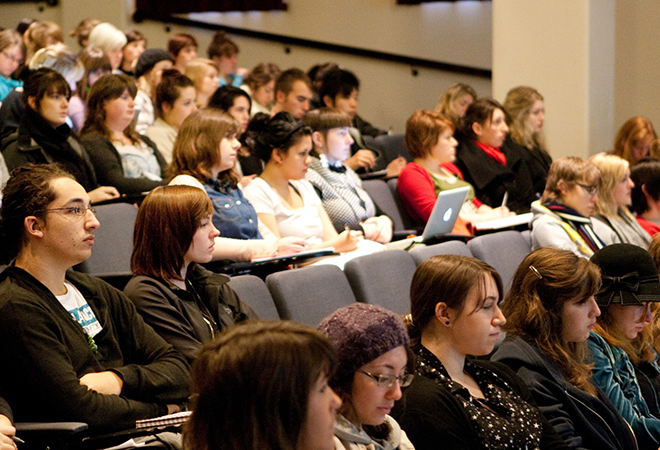
The Making of Lawyers: Expectations and Experiences of New Zealand Law Students and Recent New Zealand Law Graduates
Status
Completed: 20 December 2019
Project Details
A project, undertaken by the University of Canterbury, to develop a law student profile to detail the expectations, views and experiences of students during each year of their studies and in their first years in the workforce.
This ongoing longitudinal study consists of a number of phases of a self-selected cohort of students who first enrolled in law papers in 2014 at the Universities of Auckland, Canterbury, and Waikato, and later, Victoria University of Wellington.
The Project consists of the following reports:
- The Making of Lawyers: expectations and experiences of first-year New Zealand law students
- The Making of Lawyers: expectations and experiences of second-year New Zealand law students
- The Making of Lawyers: expectations and experiences of third-year New Zealand law students
- The Making of Lawyers: expectations and experiences of fourth-year New Zealand law students
- The Making of Lawyers: expectations and experiences of fifth-year New Zealand law students
- The Making of Lawyers: expectations and experiences of sixth-year Aotearoa/New Zealand law students and recent law graduates
Aims:
The main aims of this project were to:
- collect data to inform teaching practice and the design and regulation of undergraduate legal education
- develop a complete law student profile to detail the expectations, views and experiences of law students during each year of their law studies and in their first post-law school years.
Methodology:
The project used a qualitative research methodology involving:
- online surveys with questions on students’ learning and teaching experiences; the views of completing students on their post-law experiences and their reflections on their time at law school.
Team
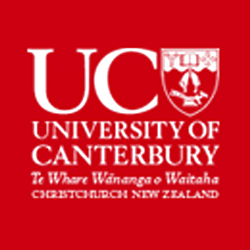
Professor Lynne Taylor
Project Leader
University of Canterbury
Professor Ursula Cheer
University of Canterbury
Associate Professor Natalie Baird
University of Canterbury
Associate Professor John Caldwell
University of Canterbury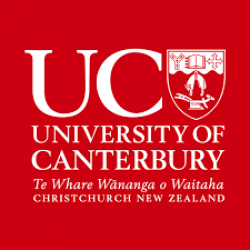
Associate Professor Erik Brogt
University of Canterbury
Dr Valerie Sotardi
University of CanterburyStatus
Funding
$33,198.00 (excl GST)
Key Findings
- There is room for improvement in the way that many law students engage with their studies i.e. decreasing class attendance rates, few of their teachers knew them, little interaction with peers for formal or informal study.
- Most students did not have employment arranged and were not confident they would be able to find employment. Many did not feel prepared to join the workforce or that they had received any helpful career advice. The majority had completed self-arranged work experience or voluntary work as opposed to any university arranged work. Participants continued to report low levels of psychological wellbeing.
- Post-law school experiences were more positive i.e. only a small number were actively looking for work; improved self-ratings or work-related skills, attributes and wellbeing. There was a clear message from students that law schools should better prepare students for the workforce and the development of practical work-related skills.
- Gender trends – female students reported greater interest in female dominated areas of legal practice; female students reported lower levels of self-confidence and lower levels of psychological wellbeing. Female graduates were more likely to report that they were employed, less likely to be working for a law firm or in a Government position. Female graduates were less likely to report that they were “very satisfied” with their law school experience.
- Participants reported decreasing levels of social interaction with their peers and continued to report relatively low levels of study-related interaction with their peers.
- Many students reported that few of their teachers knew them.
- Although participants reported positive actual and anticipated academic outcomes, indications are that many do not engage frequently in active or deep learning activities.
- Participants reported that lecture attendance rates continued to drop, as did the time that many reported spending on self-study. Having confirmed the existence of this divergence and the particular form it takes, law schools have a unique opportunity to respond.
- A majority of final year law students in 2019 had employment arranged for after they finished their studies, and many felt prepared to join the workforce. However, many of those who did not have employment arranged were not confident they would be able to find work.
- Most participants were positive about in their self-ratings in respect of a series of work-related activities. Many, though, were less positive in their self-ratings of attributes associated with “real-world” legal practice.
- Participants who were still enrolled at law school continued to report levels of likely psychological wellbeing that were lower than those reported in the general population.
- The reported post-law school experiences of graduates was more positive. High employment rates were reported, as was the reported use of their law degree in their work.
- Graduates were most frequently employed in law-related work, and almost all had completed or were intending to complete the Professional Legal Studies course.
- Many graduates found helping people to be a fulfilling aspect of their employment, although many reported workload management as a source of stress.
- Most graduates were satisfied with their work-life balance.
- Looking back, many graduates described the culture of their law school and negative terms and reported that law schools could better improve students for the workforce by placing greater emphasis on the development of practical skills, and on providing careers-based advice.
- Most graduates, looking back, were satisfied with their law school experience and would choose to study law again if they could go back in time.
Key Recommendations
- Room for improvement in law students’ reported engagement with their studies and their levels of pyschological wellbeing.
- Focus at law school level to determine and agree on suitable outcomes for legal education at undergraduate level which will promote greater positive student engagement and pyschological wellbeing.
- Focus at law school is to consider the feedback from final year students and graduates about better preparing students to join the workforce.
It is recommended that law schools and staff:
- Review and settle on desired outcomes in terms of skills and attributes of law graduates.
- Develop learning outcomes and assessment programmes for individual courses that ensure that students will complete with the desired skills and attributes and in a manner that promotes positive engagement and psychological wellbeing.
- Ascertain staff development need and, if necessary, resource staff development in appropriate teaching and assessment practices.
- Adopt a collegial approach and lobby for regulatory change at the Council of Legal Education level as to how the LLB degree is taught and assessed in order to better promote positive student engagement and wellbeing.
This report presents the findings of the sixth and final collection of data in a longitudinal and exploratory study of a self-selected cohort of law students who enrolled in 2014 in a first year law programme at the University of Auckland, the University of Canterbury, the University of Waikato and Victoria University of Wellington.
- 10 February 2021
A research report prepared by Lynne Taylor, Ursula Cheer, Natalie Baird, Erik Brogt, John Caldwell and Valerie Sotardi.
- 30 September 2019
A research report prepared by Lynne Taylor, Ursula Cheer, Erik Brogt, Natalie Baird, John Caldwell, Shea Esterling and Debra Wilson.
- 30 March 2018
A research report prepared by Lynne Taylor, Ursula Cheer, Erik Brogt, Natalie Baird, John Caldwell and Debra Wilson.
- 20 May 2017
A research report prepared by Lynne Taylor, Ursula Cheer, Natalie Baird, John Caldwell and Debra Wilson.
- 22 May 2016
A research report prepared by Lynne Taylor, Ursula Cheer, Natalie Baird, John Caldwell and Debra Wilson.
- 19 May 2015
